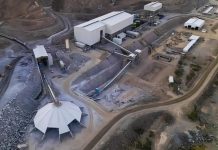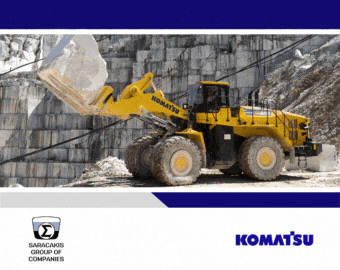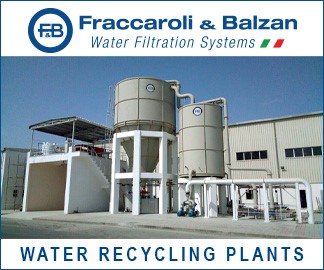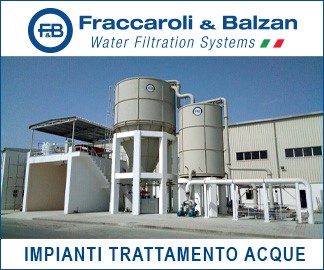The Khyber Pakhtunkhwa (KPk) provincial government in Pakistan has decided to impose taxes on 54 new types of minerals as part of a broader strategy to regulate the mining sector, increase government revenue, and empower local communities. The new taxes will be implemented taking effect from July 1, 2024.
Tax Details
The new taxes are being introduced with a fixed rate that varies according to the value and demand of different minerals. The aim is to ensure a fair and equitable taxation system that reflects the economic value of each mineral resource.
Here’s a breakdown of the tax rates for some of the key minerals:
- Black Granite: $13.33 per ton
- Other Granites: $4.44 per ton
- Graphite: $3.12 per ton
- Gypsum: $1.78 per ton
- Red Clay: $1.78 per ton
- Kaolin: $0.89 per ton
- Marble: $2.68 to $8.90 per ton
- Other Minerals: Variable rates based on value and rarity
Timeline
The implementation of the new taxes is scheduled to begin on July 1, 2024. This timeline provides mining companies and local communities with ample time to adjust to the new economic landscape and make necessary changes to their business practices.
Expected Impact
The introduction of the new taxes is expected to have several positive benefits for the Khyber Pakhtunkhwa province:
-
Increased Revenue: The KPk government anticipates a significant boost in government revenue, which will be used to fund public projects and strengthen local services.
-
Mining Sector Development: The imposition of the new taxes aims to promote the development of the mining sector through better regulation and monitoring of mining activities.
-
Benefits for the Local Economy: Local communities are expected to benefit from new employment opportunities and economic growth stemming from increased mining activities.
Conclusion
The Khyber Pakhtunkhwa government’s introduction of new mineral taxes marks a significant step towards regulating and developing the province’s mining sector. By implementing these taxes, the government aims to increase revenue, promote sustainable development, and empower local communities while creating a more transparent and efficient environment for mining companies. The successful implementation of this policy could have a transformative impact on the KPk province, fostering economic growth and improving the lives of its citizens.






































